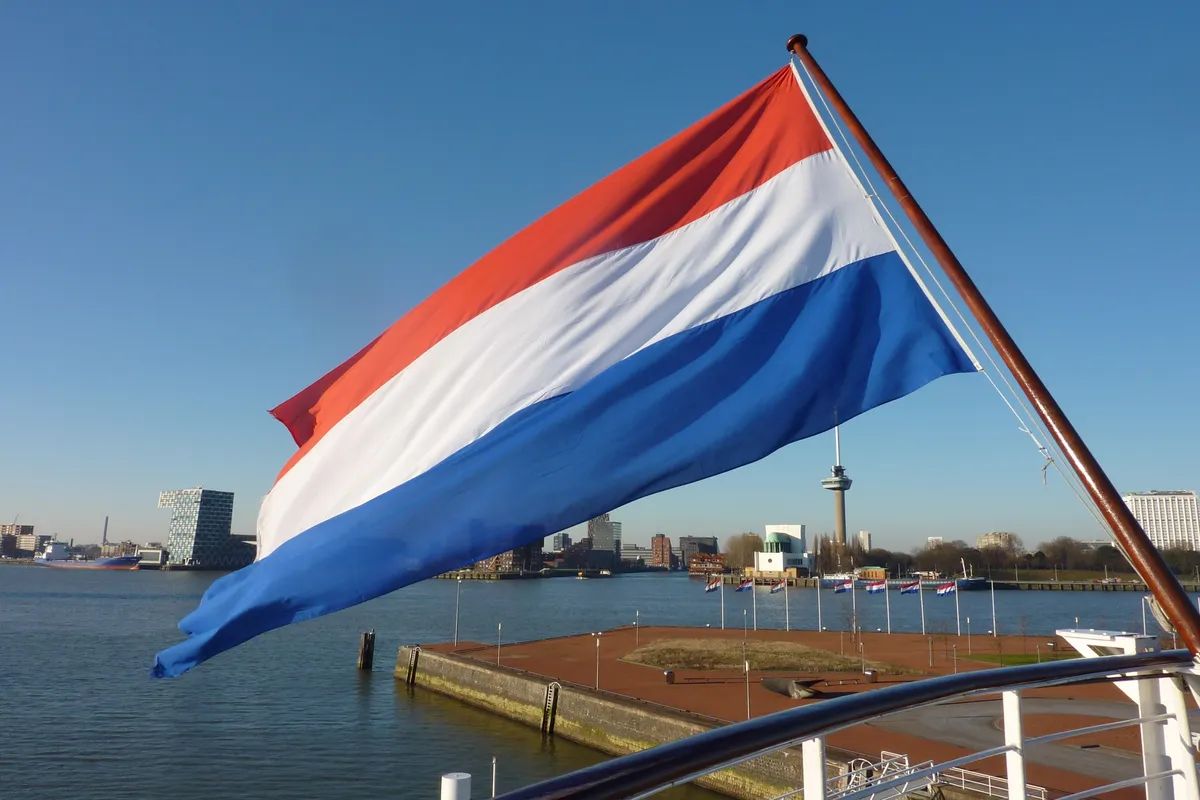Posted on: November 30, 2022, 07:06h.
Last updated on: November 30, 2022, 07:06h.
Most gaming markets around the world are undergoing fundamental changes, and the Netherlands is no exception. Kansspelautoriteit, the country’s gaming regulator, is rewriting the script and is removing all cashback bonus options.

Kansspelautoriteit wrote to all Dutch iGaming licensees, stating that cashback bonuses were prohibited in the Dutch market because they encourage excessive participation. In an effort to reduce gambling harm, this makes them unwanted.
The letter explained that the regulator had recently received requests from online operators that they wanted to offer players a loyalty reward, in the form of cash back on their websites. However, advertising laws cover bonuses and that they should not be used to encourage excessive gambling
Dutch Operators Face Scrutiny
A cashback bonus can stimulate more gambling activity in the regulator’s eyes. A bonus that allows a player to get back a portion of his or her losses can encourage more risk. In addition, it asserts, the bonus can also reduce the risk perception of players who are more vulnerable to gambling.
Therefore, cashback options are off the table and any operator that might already be offering or planning to offer them will need to back down. Licensees were told by the regulator that they had to confirm in writing that they had stopped offering cashback bonuses no later than December 5.
At the same time that Kansspelautoriteit is taking a closer look at operators, so is the government. A memo from the Dutch government revealed that tax authorities are investigating eight operators for their activities in the country prior to it regulating online gambling. Authorities plan to investigate seven more.
The memo is from late last year, but only now came to the surface. In it, the government accuses a number of online operators of making money in the Netherlands before the introduction of regulated online gambling.
Most of the operators held licenses in other locations, such as Malta or Curacao. However, because they operated in the Netherlands, they’re responsible for paying taxes there.
Three tax investigations began after criminal investigations and media reports investigations. The memo stated that the total amount the operators owe could be as high as €200 million (US$207.5 million).
However, those three cases were only a small portion. Subsequent investigations by the tax office discovered several new cases that could have cost the government as much as another €100 million (US$10.37 million). At least 12 operators may be implicated.
Operators Receive Heat Over Withdrawals
Some gaming operators in the Dutch market might be taking longer to process withdrawal requests than users would like. A notice on the government’s official website explains that lawmakers are addressing the concerns, but that Dutch Minister For Legal Protection Franc Weerwind doesn’t see an issue.
Weerwind explained that it’s up to Kansspelautoriteit, not the government, to address any concerns over withdrawals or other issues. So far, according to his conversations with the regulator, there have been no official complaints.
As long as the operator meets established guidelines, there’s no problem. Some withdrawals might take longer due to their amount and due diligence requirements, but Weerwind asserted that everything is operating as it should be.
During that same legislative conversation, the subject of how to handle reverse withdrawals came up. Some lawmakers think that, once a user requests a withdrawal, he or she shouldn’t be able to cancel it. The logic is that this is another way to prevent gambling harm.
Weerwind isn’t entirely convinced that this would be the best move to make. He said that players should have complete control over their money at all times. As long as operators are properly monitoring spending patterns in accordance with procedures, there’s no need for further intervention.
(Except for the headline, this story has not been edited by PostX News and is published from a syndicated feed.)

